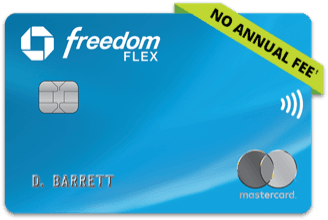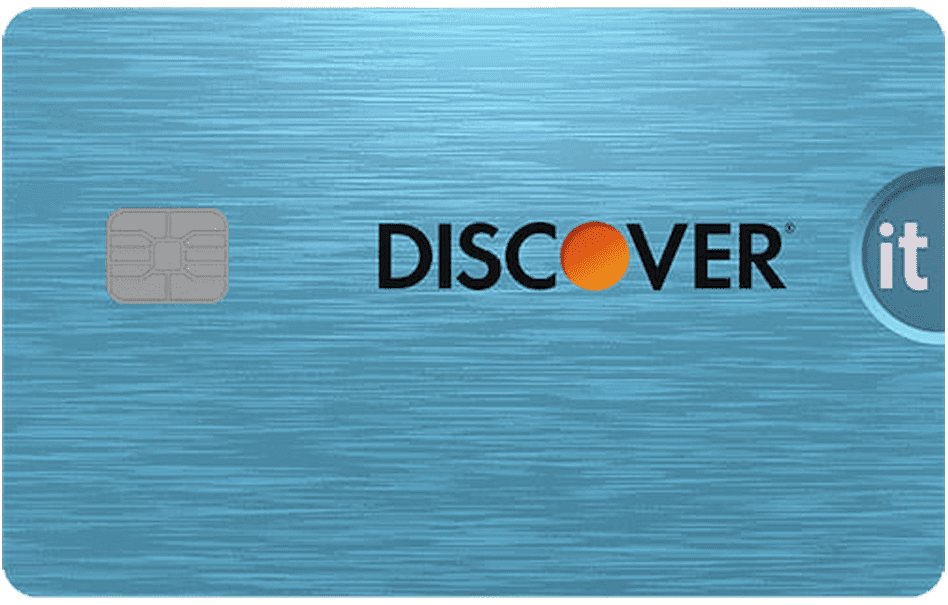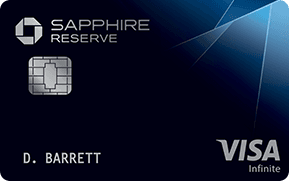Which Credit Cards Use Experian?
12 Min read | Cards
If you're looking up "which credit cards use Experian," you should probably use your Experian credit score to boost your chances of getting a new credit card.
Many people believe their Experian score will help them get approved. However, credit card companies often do not disclose which credit bureau they use, and they may not rely solely on Experian.
Experian's Role in Credit Card Applications
Experian is one of the three main credit bureaus in the United States, along with Equifax and TransUnion. Credit card issuers often check Experian's credit reports when making decisions about applications.
It's important to note, however, that Experian itself does not issue credit cards. Rather, their role is to collect and maintain credit information, which they provide to credit card companies and other lenders.
These financial institutions then use this data to assess the creditworthiness of applicants. Therefore, while Experian plays a crucial role in the credit evaluation process, the decision to issue a credit card, along with the terms of the card, is entirely up to the individual credit card issuers.
Credit Cards That Use Experian
A lot of credit card issuers turn to Experian to evaluate how creditworthy you are when you apply for a card.
Big players in the credit card market, like American Express, Bank of America, Capital One, Chase, Citi, Discover, and Wells Fargo, often check with Experian.
They might use Experian to go through your identity, your credit history, and your credit score. However, it's not certain that they'll only use Experian.
Other, perhaps less well-known, credit card issuers that might consult Experian are Upgrade, Total, BB&T, and TD Bank.
Upgrade Cash Rewards Visa®
The Upgrade Cash Rewards Card offers:

1.5% Unlimited Cash Back: Earn on every purchase.
$200 Welcome Bonus: For opening a Rewards Checking Plus account and making 3 debit card transactions.
No Annual or Late Fees: Cost-effective for users.
Credit Line Options: Ranges from $500 to $25,000.
Fixed-Rate Monthly Payments: Combines credit card flexibility with personal loan predictability.
Extra Cash Back: Up to 10% through Upgrade Shopping powered by Dosh® on eligible purchases.
Visa Network Access: Accepted widely with contactless payment technology.
This card is ideal for those seeking consistent cash back and additional savings without annual fees.
Apply NowChase Freedom® Flex Card

If your goal is to maximize cash-back rewards and you prefer cards that typically use Experian for credit checks, the Chase Freedom® Flex Card is an excellent choice.
This card offers an enticing cash-back program where you can earn 5% back on up to $1,500 in purchases in various changing categories every quarter, provided you activate this feature.
Additionally, for all other purchases, you accumulate 1% cash back. An added advantage is that there's no annual fee, making it a cost-effective option for those watching their budget.
Compare credit cardsDiscover it® Cash Back Card

The Discover it® Cash Back Card offers a rewarding cash-back program, especially suited for regular spenders at grocery stores, restaurants, and gas stations. With this card, you can enjoy a 5% cashback on purchases in these categories every quarter. Plus, it offers a baseline 1% cash back on all other purchases automatically, ensuring rewards on all your spending.
A unique feature of this card is the cash-back match at the end of your first year. This means Discover will match all the cash back you've accumulated during your first year, dollar for dollar, automatically added to your account.
The Discover it® Cash Back Card has a variable APR that starts at 16.49%. It offers a 0% APR for the first 15 months, which is great for new cardholders planning to make large purchases or transfer balances.
Chase Sapphire Reserve®

The Chase Sapphire Reserve® card is ideal for frequent travelers, offering 5x points on flights and 10x points on hotels and car rentals after spending the first $300 annually through Chase Ultimate Rewards®. Cardholders also benefit from up to $300 in automatic statement credits every year.
However, it comes with a variable APR of 21.49% - 28.49% and an annual fee of $550, plus an additional $75 for each extra cardholder.
Need a credit card?
Compare offers and find your perfect credit card match in 2025 in just 2 minutes – personalized recommendations based on your spending habits!
Compare credit cards now!
Handling Minor Differences in Credit Scores
Uniform Scoring Across Bureaus: Although there might be slight discrepancies in your credit scores from various bureaus, they generally reflect a similar trend. This is because the bureaus follow similar principles in assessing your credit history.
Credit approvals aren't solely based on your credit score. Lenders also weigh factors like your income and how much debt you carry. Thus, minor score differences across different bureaus typically don't heavily influence the decision.
Responding to Major Score Disparities
Indicators for Action: A substantial variation in your credit scores from different bureaus is a cue to investigate for potential errors or unauthorized activities in your credit history.
It’s crucial to regularly review your credit reports from the three major bureaus. Doing so helps you safeguard your financial wellness and identify any discrepancies or unusual activities swiftly.
Perks of Credit Cards that Use Experian
Opting for credit cards that align with Experian can be advantageous in several ways:
Building a Strong Credit Profile: Using a credit card reported to Experian helps in shaping a robust credit history. Experian's comprehensive reporting can reflect responsible credit usage, which is crucial for a healthy credit profile.
Enhancing Loan Approval Odds: Since many lenders rely on Experian for credit checks, maintaining a good score with this bureau can improve your eligibility for future financial products like loans and additional credit lines.
Effective Credit Monitoring: A card linked to Experian facilitates regular monitoring of your credit activities. This can be essential in quickly identifying and addressing any suspicious transactions or inconsistencies, thereby safeguarding your financial integrity.
Choosing the Right Credit Card with Experian
Selecting Your Card Type
Rewards Cards: Ideal for those who love perks like airline miles or shopping points.
Cash-Back Cards: Best if you prefer getting a percentage of your spending back.
Balance Transfer Cards: Suitable for consolidating debt under a lower interest rate.
Understanding APR and Fees
APR (Annual Percentage Rate): This is the cost of borrowing on the card. Rates usually range from 15% to 25% for purchases.
Cash Advance APR: Higher than regular APR, around 24% to 30%, applied when you take cash from your credit line.
Penalty APR: Up to 29.99%, applied if you miss payments.
Annual Fees: Higher credit limits might mean higher fees, but some cards waive these fees for the first year.
Smart Use of Credit Cards
Based on Your Credit Score: A good score could mean better terms; a lower score might require more caution.
Comparing Offers: Look beyond just the APR – consider rewards, fees, and other features.
Reading the Terms: Understand all fees, the grace period, and penalties.
Responsible Usage: Make payments on time and keep balances low to avoid high-interest charges.
Now that you’re aware of the credit cards that report to Experian, take some time to evaluate your financial goals, such as building credit, earning rewards, or managing expenses. Consider factors like interest rates, annual fees, and rewards programs to find the credit card that best aligns with your objectives. By selecting the right card, you can start building your credit score effectively and responsibly today!
Our Commitment to Transparency
At Financer.com, we're committed to helping you with your finances. All our content abides by our Editorial Guidelines. We are open about how we review products and services in our Review Process and how we make money in our Advertiser Disclosure.



Comments
Not logged in